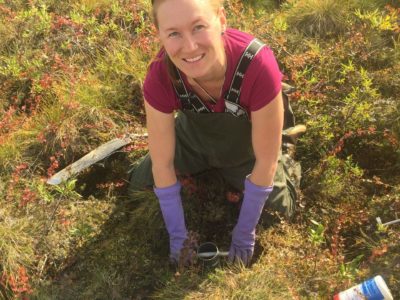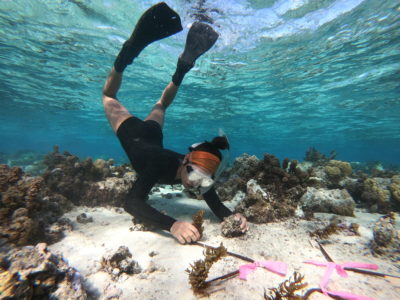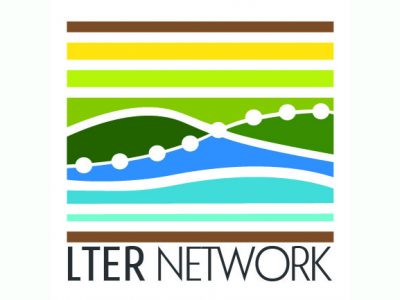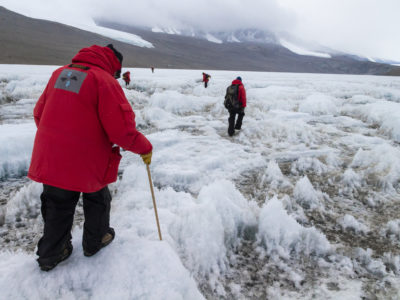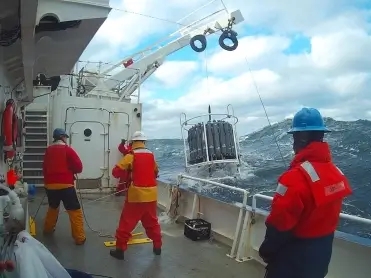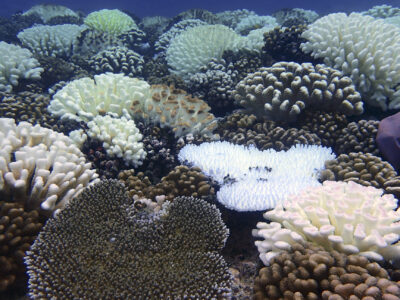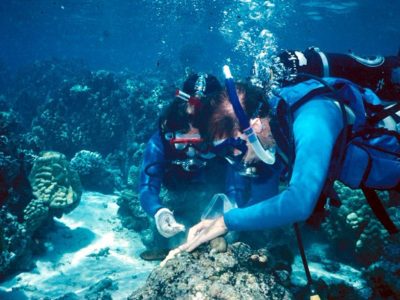Small Water Bodies with Big CO2 Effects
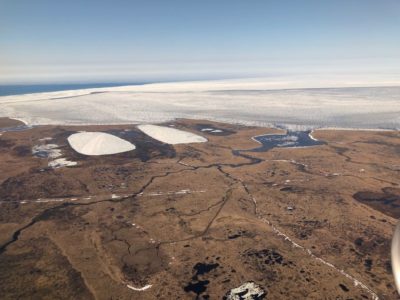
Credit: Via @ArcticLagoons on Twitter Arctic coastal watershed systems are some of the most threatened regions on Earth and have undergone substantial climatic, physical, and biological change with the warming of our Earth. Now, researchers at the Beaufort Lagoon Ecosystems LTER site have discovered that small coastal water bodies, especially ponds, are releasing carbon to… Read more »

